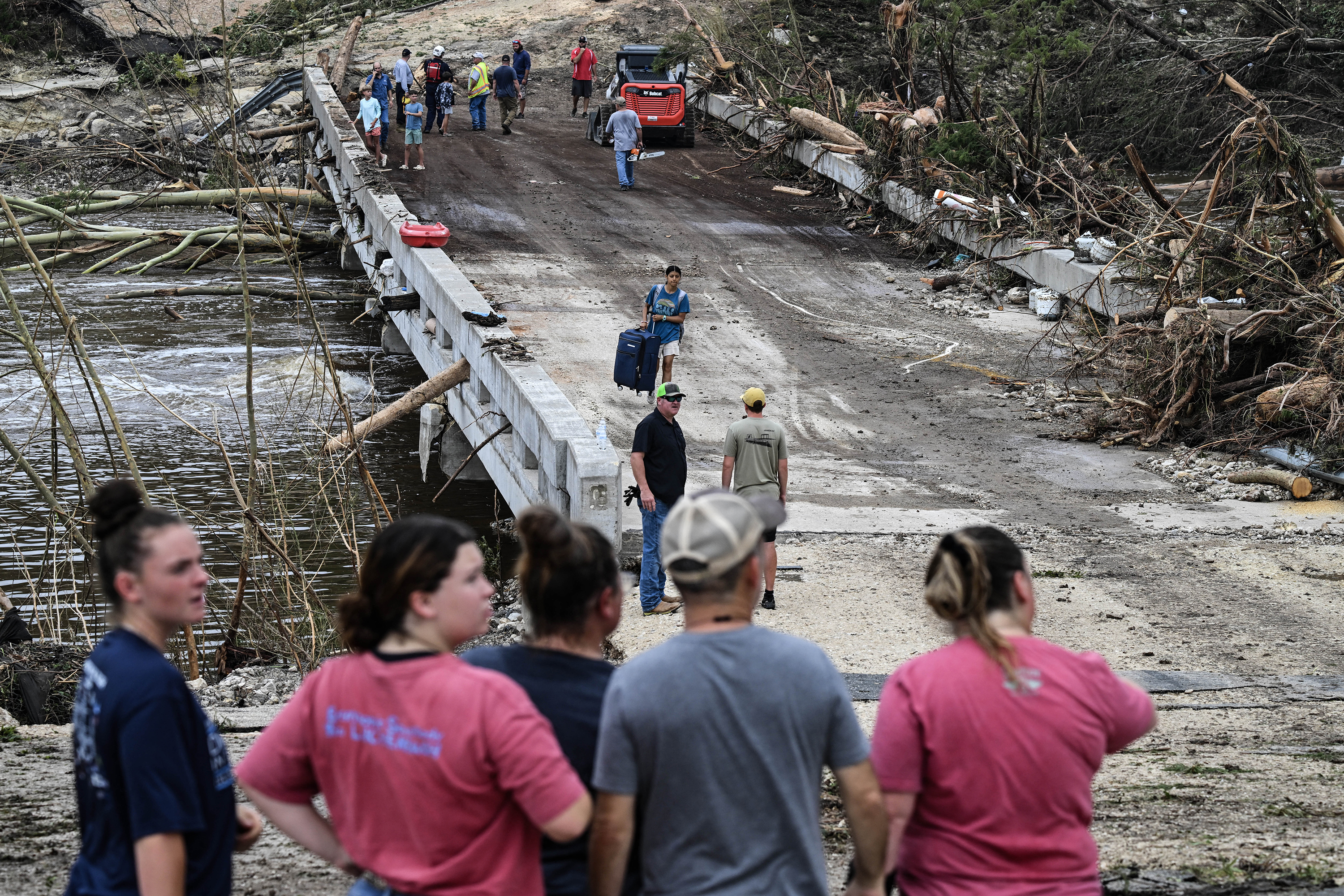Moose Set Pro HR Mark In 1926 As Tyler Trojan
Published 12:31 pm Wednesday, July 11, 2012
Throughout his career, Moose Clabaugh was many things — a baseball player and umpire, a record-breaker and a punch line, a legend, an outlaw and what-might-have been. He was the envy of Ted Williams with an unenviable fate.
“Portland had a big outfielder named Moose Clabaugh, and Ted would ooh and ahh and say how he wished he had muscles so that he could hit a ball like Clabaugh,” former player Bill Star is quoted in Ed Linn’s book “Hitter: The Life and Turmoils of Ted Williams.”
Clabaugh’s greatest feat, however, came in Tyler. One year after hitting 31 home runs for the Paris Bearcats, Clabaugh moved south to the Rose City for the 1926 season and doubled his output. In just 121 games for the Trojans, Moose blasted 62 home runs, setting a new professional record. Clabaugh finished the East Texas League season batting .376, tallying 164 RBIs and capturing the league’s triple crown. The team played in a stadium near downtown Tyler.
Clabaugh’s overwhelming success ensured he wouldn’t be long for Tyler. On Aug. 22, the season’s final day, Clabaugh hit his 62nd home run and was purchased by the major league Brooklyn Robins. The acquisition made headlines around the country.
Eight days later, in his first at-bat for the Robins (who were also known as the Nationals and Dodgers around that time), Moose lined into an inning-ending double play, breaking his bat in the process. His luck would not improve.
“The next day in batting practice, so help me, Clabaugh knocked the hands off the clock on the right field wall with a line drive, and the Dodgers didn’t know what time it was for the rest of the season,” Tommy Holmes recounted in the Brooklyn Eagle newspaper.
As the season concluded, Moose mostly saw time as a pinch-hitter, appearing in only 11 games. He finished the season 1 for 14, with his lone hit an RBI double in Philadelphia off the right field wall that knocked numbers off the old scoreboard.
“Clabaugh is just a youngster,” Robins manager Wilbert Robinson told the Brooklyn Eagle at the time. “He needs a year or two of experience before I can put him into the regular lineup. Whenever conditions are such that I can use Moose without placing the outcome of the game in the balance, I’ll do so. But at present I’m a little bit afraid.”
Robinson’s fear was justified — Clabaugh was nearsighted. Though it wasn’t a problem at the plate, Moose was a butcher in the field, making two errors in left field in five chances.
“I talked to the major league scouts. They all told me the same thing. They said my fielding was holding me back,” Clabaugh told the Arizona Republic in 1981. “I could do everything else — hit, hit for power, run, throw. But I couldn’t get a good jump on the ball because of the problem I had with my eyes. I’d make easy plays look hard.”
Holmes, the newspaper writer, recounted one such incident in the Eagle in 1943.
“He started one game in left field and the one fly ball hit out his way might have hit him in the head if he’d stood still. But the Moose started running in circles and wasn’t within 15 feet of the thing when it hit the ground. Curt Walker, who hit the ball, might have had a home run inside the park, but he was laughing too hard to get beyond third base.”
In the book “Play It Again: Baseball Experts on What Might Have Been,” baseball historian and author Mike Robbins said that the designated hitter rule, had it been in place, might have propelled Clabaugh and a few other poor-fielding minor league sluggers past oddity status.
“There’s every reason to believe that their hitting would have made them stars — if only their fielding hadn’t severely limited their time in the majors. The DH rule could have done that,” Robbins said.
Brooklyn didn’t ask Clabaugh back in 1927, and he spent the rest of his career bouncing around the minors. During that time, he held out for a higher salary twice, became a highway patrolman, and was temporarily banned from organized baseball in 1939 for playing in the outlawed Canadian Provincial League.
Though he was reinstated for the 1940 season, Clabaugh was released from his contract with the Salem Senators mid-season to take a job as an umpire, becoming one of the first to wear glasses. It’s unclear if he spawned the first umpire-needs-glasses joke.
In a minor league career of over 2,100 games, the left-handed hitting Clabaugh had a .339 average and amassed 346 home runs. In a different time, the Moose might have been a star. As it was, he went on to work as the chief of security at The Dalles Dam in Oregon, and later retired to Green Valley, Ariz. From time to time, he and Ted Williams went fishing together. He passed away in 1984 in Tucson, Ariz.






